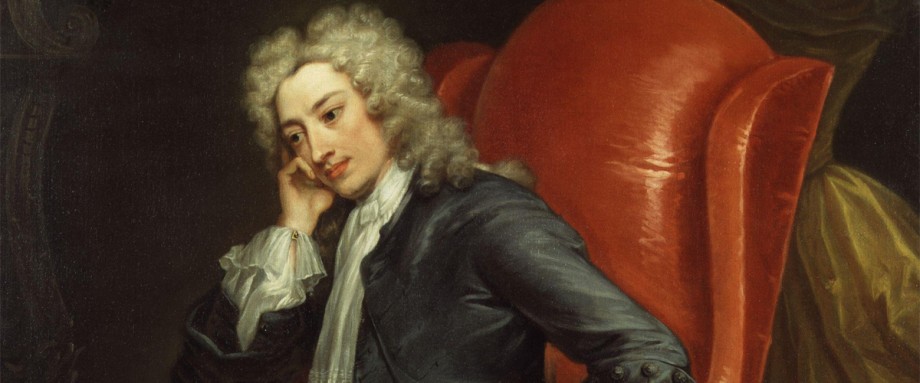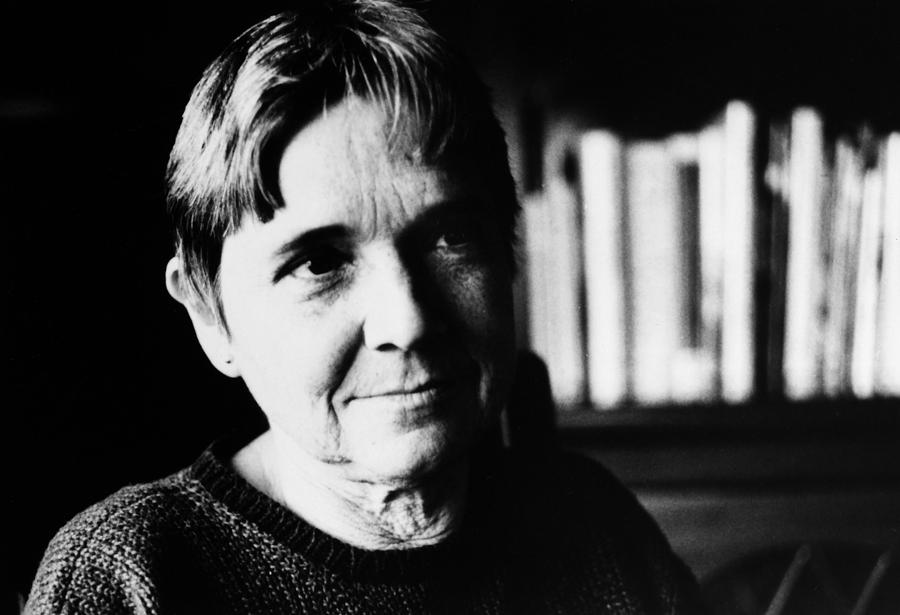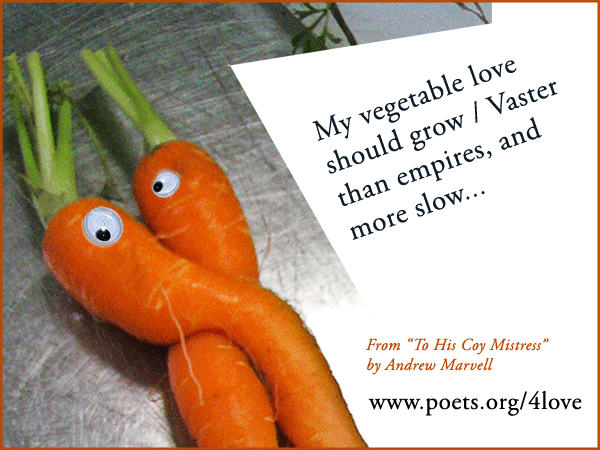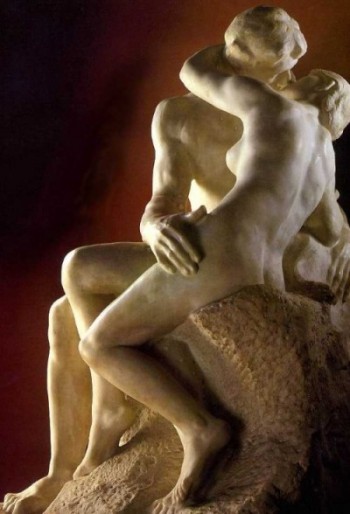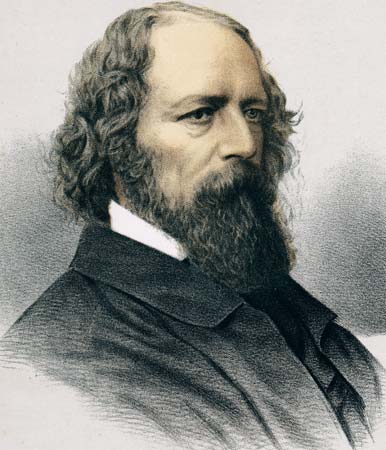Introduction to the Poet:
Andrew Marvell (1621-78) was a renowned Metaphysical poet, a politician, and held a remarkable position in literature. He was born in Winestead in Holderness, East Riding of Yorkshire, as the son of a clergyman. Educated at Trinity College, Cambridge, he became a tutor to the daughter of Lord Fairfax, and wrote the best poems during this season (1650-52). Marvell was an acquaintance of Milton and protected him from the royal wrath.,He also served as the Member of Parliament for Hull from 1659 until he died in 1678.
The Poem:
The poem dearly deals with the longing and desire of the soul to transcend to heaven despite the temptations that exist, like the dew. A wonderful comparison between both makes us wonder in awe about Marvell’s skill. The deep insights of the poem that compares the heavenly food ‘mannah’ with that of the dew,and soul indirectly brings another beautiful scenario in our mind. The poem has its own charm.
Setting of On A Drop of Dew:
The setting of the poem is at such a time where the poet believed the existence of paradise and the desire of the soul and dew to transcend to a higher level.
The poem portrays the eternal desire to go back to the place where one originally belongs. Through Marvell’s wonderful lyric, the poem is one that extrudes a sense of deep melancholy followed by longings and desire.
The poem amidst the odds, stands supreme.
Summary of On A Drop of Dew:
“See how the orient dew,
……native element.”
Here the poet addresses the readers and asks them to ‘See’ the ‘Orient dew’, how it falls from the sky in the morning on the roses. Here the dew may have been referred to as ‘orient’ since the sun rises in the east in the morning and that’s when the dew falls from the sky or it may refer to dew’s pearl like luster. The poet further says that the dew doesn’t care about its new ‘mansion’ (surroundings) since its birthplace is much more ‘clear’ (pure). The dew is round in shape and even though it is small it encloses in itself the native element(water drop) which forms it.
The poet goes on to say, purple flower does little to divert the dew’s attention towards itself. Purple color is associated with royalty. The dew is not distracted by the splendor of its current location (earth). It barely even touches the flower on which it lies, signifying the dew’s lack of care for contact with this world. But it (the dew) sadly gazes upon the sky which is its birthplaces and it ‘Shines’ with a ‘mournful light’. This here is a paradox since shining is associated to something cheerful while here it is coupled with a mournful or sad glimmer of light. The dew is so sad being separated from its abode (heaven or sky), that it sheds a tear which it is itself.
The dew drop is ‘Restless’ and feels unsafe as it rolls down. It is afraid and ‘trembles’ at the thought of becoming impure coming in contact with this world. It hopes that the sun will take pity on it and evaporate it back to the sky. Here the sun is personified as it is expected to take ‘pity’ on the dew’s pain and ‘exhale’ it to the sky.
“So the soul……
………… heaven less.”
Now the poet moves from the Dew drop to the Human Soul and compares them. The soul is also like a dew drop which falls as a ray from the ‘clear fountain of eternal day’ (sun). As the dew drops on a flower, the soul in a similar fashion drops onto a human flower (body). It (soul) remembers its former glory and stays away from all kinds of temptations like sweet leaves (pleasure), ‘blossoms green’ (money). Remembering its former glory from when it was in heaven its ‘pure and ‘circling’ (heavenly) thoughts expresses the original heaven through an inferior one.The soul is ‘wound’ in a shy or modest ‘figure’ and it tries to remain aloof from the world in every way yet receiving warm, pure rays of the heaven during day. Now the poet compares the heaven and earth stating that to the soul earth is ‘dark’ (inferior) and heaven is ‘bright’ (superior). It considers the earth unworthy of its respect and is in love with heaven its real home.
The soul feels that it is easy to go back to its home i.e. heaven. It is all girdled up and ready to climb back to heaven. It moves as a single point on earth and is continuously poised upwards towards heaven, its final destination.
“Such did the manna’s ………..
………..almighty sun.”
Here the poet brings about a comparison between the soul and the sacred manna, which was the holy food given by God to humans. Manna was ‘white’ and complete though it was frozen. Manna was frozen in the earth but it dissolved and evaporated under the sun thus, rising back into the sky (heaven). Similarly, the Human Soul is frozen here on earth but it will also later dissolve and evaporate under sun back to Heaven its final abode (i.e. when a human dies).
Critical Analysis of On A Drop of Dew:
Andrew Marvell is a metaphysical poet and this and throughout the poem we find lots of imagery and symbolisms which convey a simple meaning in an ingenious way. As we find in a lot of Marvell’s poems nature is used as a symbol to convey a deeper meaning about emotions and people. This poem like his other works is a philosophical poem and compares the human soul first to a dew drop-“So the soul, that drop, that ray” and then to the sacred Manna-“Such did the manna’s sacred dew distill”. It conveys the meaning that as the dew drops on a flower on the earth and evaporates under the sun returning back to the sky, in the same way the soul drops onto a human flower (body) and later evaporates back to heaven i.e. when one dies. He personifies dew bringing in it the emotions of longing. The dew drop longs to return to heaven. Similarly the soul tries to shun all the pleasure and temptations – “Shuns the sweet leaves and blossoms green” and waits for its turn to return back to heaven.The soul is compared to Mannah, too. It later dissolves and evaporates under the sun. Similarly, the soul is in a frozen like state when it is in earth and will later evaporate or return to heaven its final resting place. Thus, through the use of allusions and nature Marvell conveyed the meaning: the soul is pure and heavenly and is not tainted by earthly impurities. So we should also try to shun all forms of temptation and try to connect with our soul to strive for inner peace.
Central Theme of On A Drop of Dew:
Andrew Marvell’s poem ‘On a drop of dew’ revolves around the theme of soul’s detachment from heaven and its everlasting desire to go back to its home. It also brings forth the idea of purity and entirety of the soul by comparing it to a clear round dew drop and the sacred Manna. The soul is clean and is immune to all earthly pleasures and temptations. It only longs to go back to heaven which is much purer than its current living place. The poem also portrays the soul to be as sacred as ‘Manna’, the food given by God to humans. It also tells the reader to stay away from temptations and try to connect with the soul which is pure and heavenly.
Poetic Devices in On A Drop of Dew:
As characteristic of Marvell’s poems this poem is also filled with symbolism and imagery.
Symbolism:
‘orient’ symbolizes that the dew is of eastern origin since when sun rises in the east in the morn the dew drops are seen. ‘Purple’ is associated with royalty and splendor. ‘Sweet leaves’ symbolizes earthly pleasure and ‘green blossoms’ symbolizes money.
Metaphor:
‘Mansion’ is a metaphor for earth while dew is a metaphor for soul.
Personification:
Dew is personified here as it ‘gazes’ back to the sky and sheds tears.
Sun is also personified as it is expected to take pity on the dew.
Imagery:
The imagery used in this poems are ‘orient dew’ which means that the dew looked like a pearl, ‘blowing roses’, clear fountain, purple flower.
Allusions:
The biblical allusion of the sacred ‘Manna’, the food given by God to the Israelites, is used here.
Tone of On A Drop of Dew:
The tone of the poem deals with the tone of longing and detachment. From the beginning, the dew is portrayed as a heavenly body detached from it’s aboard, the paradise. After the dew drops falls from the sky, it has no warmth for earthly things and deals the earth to be impure. It wants the Sun to take pity on it and evaporate it to ascend it to the heaven.
Thus the longing is so powerful that it sheds melancholic tears, which is nothing but it’s own self.
Similarly, the Soul is yet another heavenly body that drops from the heaven on the human body like the flower. The most wonderful knowledge is that the soul is not concerned about the worldly pleasures and money.
The longing of the soul is evident here, too, as it desires to transcend to heaven, unaware of the worldly pleasure. Thus, the poem has the main theme of longing and desire.
Conclusion:
On the conclusion, it is evident that the poem has it’s affable charm constituting of splendor of diction accompanied by the subtle language. A wonderfully woven poem, Marvell doesn’t disappoint us with this great read.
Contributor: Bidisha Das
Some online learning platforms provide certifications, while others are designed to simply grow your skills in your personal and professional life. Including Masterclass and Coursera, here are our recommendations for the best online learning platforms you can sign up for today.
The 7 Best Online Learning Platforms of 2022
- Best Overall: Coursera
- Best for Niche Topics: Udemy
- Best for Creative Fields: Skillshare
- Best for Celebrity Lessons: MasterClass
- Best for STEM: EdX
- Best for Career Building: Udacity
- Best for Data Learning: Pluralsight


